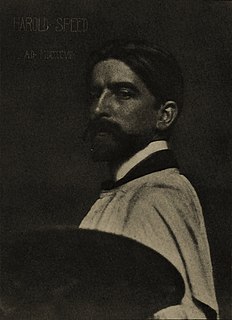A Quote by Erica Jong
the only people worth writing about are those about whom the last word cannot be said.
Related Quotes
That's one thing brands are understanding is, I'm the blogger who's not writing about fashion. I'm not writing about beauty. I'm not writing about gossip. I'm not writing about politics. I'm writing about all of that. I'm the person they can come to if they just want to reach people who care and have their fingers on pop culture.
In the South you are ashamed of being a virgin. Boys. Men. They lie about it. Because it means less to women, Father said. He said it was men invented virginity not women. Father said it's like death: only a state in which the others are left and I said, But to believe it doesn't matter and he said, That's what's so sad about anything: not only virginity and I said, Why couldn't it have been me and not her who is unvirgin and he said, That's why that's sad too; nothing is even worth the changing of it.
I remember having a discussion with [Kaz] about his translation of the word shunyata as "boundlessness," instead of the more traditional "emptiness." I said: "Kaz, everyone is used to the word emptiness for shunyata. This might not sit well with people. He said: "Translator's prerogative!" Then he added, "One cannot assume we know what they meant...." I agreed.
The being who, for most men, is the source of the most lively, and even, be it said, to the shame of philosophical delights, the most lasting joys; the being towards or for whom all their efforts tend for whom and by whom fortunes are made and lost; for whom, but especially by whom, artists and poets compose their most delicate jewels; from whom flow the most enervating pleasures and the most enriching sufferings - woman, in a word, is not, for the artist in general... only the female of the human species. She is rather a divinity, a star.
Our tragedy today is a general and universal physical fear so long sustained by now that we can even bear it. There are no longer problems of the spirit. There is only the question: When will I be blown up? Because of this, the young man or woman writing today has forgotten the problems of the human heart in conflict with itself which alone can make good writing because only that is worth writing about, worth the agony and the sweat. He must learn them again.
What is the good of words if they aren't important enough to quarrel over? Why do we choose one word more than another if there isn't any difference between them? If you called a woman a chimpanzee instead of an angel, wouldn't there be a quarrel about a word? If you're not going to argue about words, what are you going to argue about? Are you going to convey your meaning to me by moving your ears? The Church and the heresies always used to fight about words, because they are the only thing worth fighting about.





































